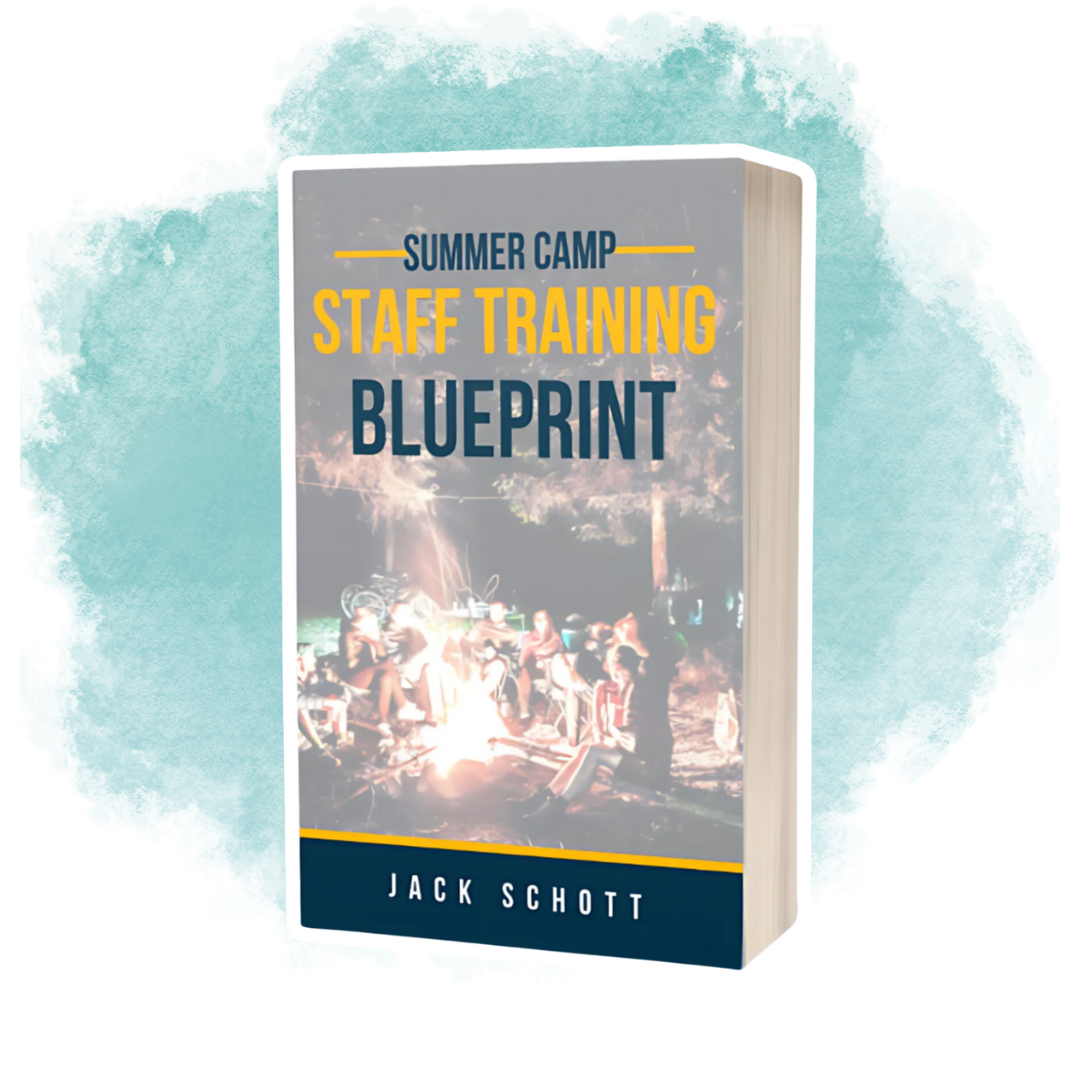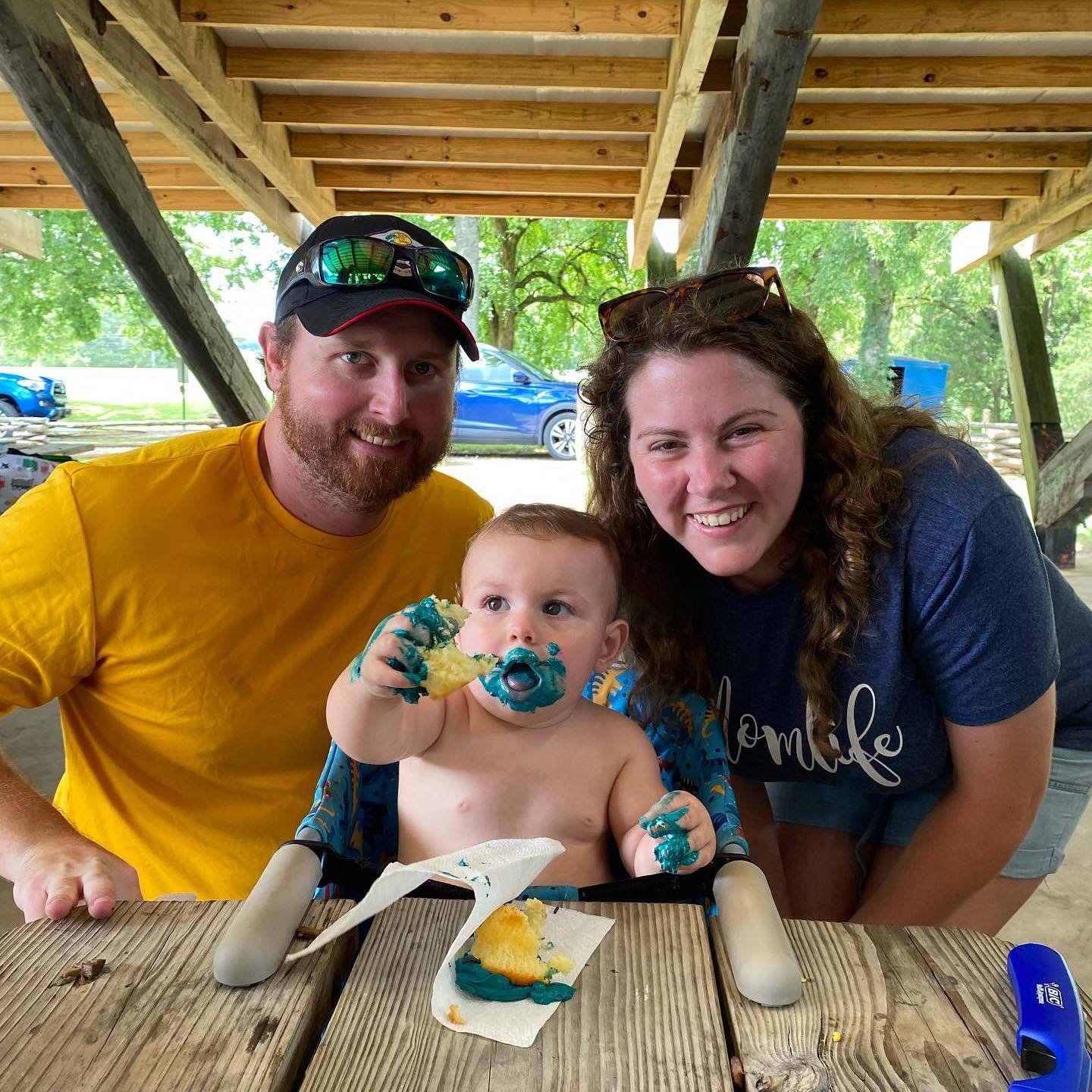Stoplight Scheduling - Setting Camp Staff Up to Be the Most Impactful
Being a summer camp counselor is hard as hell. It involves taking on a ton of different roles.
One minute, you might be leading 10 seven-year-olds on the hunt for buried treasure, and the next, sitting back during rest hour while your campers play cards and read. At another moment, you could be cherishing your well-deserved couple of hours off.
Helping counselors recognize these different engagement levels, listening to them, and designing a schedule from this perspective can boost staff success this summer.
Let’s Call The 3 Engagement Levels - Red, Yellow, and Green
Green - The Staff Need To Bring It
Yellow - The Staff are On But It’s Ok to Take a Step Back
Red - The Staff are Totally Off
Not everything at camp neatly fits into these categories, but this framework names what is happening, gives staff language to express their needs, and allows directors to clearly outline their expectations. When directors illuminate this hidden curriculum, they reduce anxiety, increase engagement, and help staff know when they can rest.
Green - 100% Engagement
The easiest level to understand, green is often the most tiring and most rewarding. We are in green mode when we lead activities, directly engage in solving conflict, help campers through tough situations, etc.
Yellow - Working, But A Little Chill
Yellow has the widest span. Some camps I have worked with break yellow into green-yellow and red-yellow. These are times when staff have to be in a specific location, but they don’t need to be fully engaged. This might look like taking a step back to supervise gaga, chilling while kids relax at rest hour, eating with kids after they get food, or supervising the cabin once kids go to sleep. It also, depending on your culture, might be things like doing some office work, setting up an activity away from kids, or being on call. In my opinion, what makes an activity yellow is when a staff member is on but not asked to be fully engaged the whole time. Yellow responsibilities often can oscillate between green and yellow depending on the situation.
Red - Do You
During the red level, staff are totally off. They don’t need to be engaged and can do whatever they want.
A Simple Way to Articulate This
Make a list of all the times of day for staff members and categorize the times by red, yellow, and green. As a scheduler, this is a great way to see what you are asking of staff, and it allows the staff to see what is expected of them. I have to admit that every time I have done this, we make up a few variants to satisfy the group’s needs. You might add purple to mean that staff are off but can be called upon in an emergency, or orange could designate starting a game (green) and then being able to sit back (yellow). The focus isn’t so much on the colors as on developing a common language.
Note from Allison
I love this framework, and I think it’s so important for what we’re seeing in the industry right now. How many people had staff ask for a break or time off and couldn’t give it? Finding yellow moments is probably easier than finding red moments, and if we’re sharing that with staff, it can be super impactful.
Speaking of finding yellow moments — I bet you can find even more than you think. Maybe during an all-camp game you need a good amount of your staff to be green but SOME could be yellow. Could you divide the staff into “hype groups” and let some be green while other are yellow? Maybe you’ve got three groups and two are green Monday, two Tuesday, and two Wednesday, meaning every person on staff gets more yellow time than they might have before.
Get the shared language then get creative. Then let us (and others) know how you use it so we can all think bigger and do better.
WORK WITH JACK
Jack is a sough after trainer working with 3000+ camp staff and 20+ camps in 2022. Interested in working with him this summer?
Send him an email - jack@thesummercampsociety.com
His two most popular training topics are around The Hidden Curriculum and 5 Keys to Being a GREAT Camp Staff.
JACK SCHOTT
CO-FOUNDER CAMP STOMPING GROUND
CO-FOUNDER THE SUMMER CAMP SOCIETY
JACK@THESUMMERCAMPSOCIETY.COM
STOMPING GROUND ORIGIN STORY

Ready to Elevate Your Summer Camp Staff Training?
Empower your camp staff with the tools they need for success.
Visit our dedicated training site for expert resources, training modules, and more.





